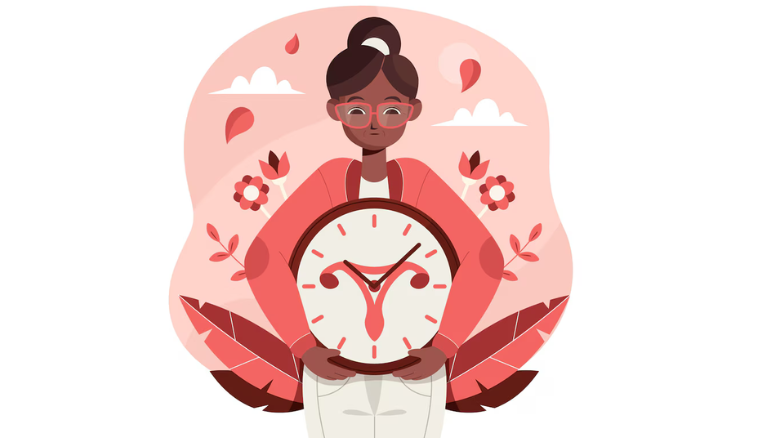
Menstrual health, a subject often shrouded in secrecy, is pivotal to the well-being of women everywhere. Yet, in many communities, especially in India, myths and misconceptions continue to cloud understanding. These myths not only perpetuate stigma but also lead to misinformation, affecting the physical and emotional health of countless women. Let's dive into the truths of menstrual health, dispelling myths and offering essential insights to empower women with knowledge.
Could you imagine that something as natural as menstruation still carries with it centuries-old myths? This article aims to challenge those beliefs and provide clear, accurate information to help you better understand your body.
Key Takeaways
- Menstruation is a natural biological process, not something to be ashamed of
- Myths around menstruation can lead to harmful practices, affecting women's health
- Proper menstrual hygiene is crucial for preventing infections and promoting overall health
- Education empowers women and young girls, breaking stigma and fostering openness
- Cultural and societal changes are necessary to normalise conversations about menstrual health
Breaking the Myths: Essential Insights on Menstrual Health
Menstrual health has long been a topic surrounded by whispers and taboos. For many, discussing periods openly remains a challenge, leading to a lack of understanding and perpetuation of myths. However, breaking free from these misconceptions is crucial for fostering a healthy approach to menstruation. By understanding the reality of menstrual health, you not only gain insights into your own body but also contribute to a wider cultural shift.
Understanding Menstruation: The Basics
Menstruation is a natural biological process that signifies a woman's reproductive health. It involves the shedding of the uterine lining, which occurs approximately every 28 days, although this cycle can vary. This process is regulated by hormones, primarily oestrogen and progesterone. Many myths suggest that menstruation is impure or a sign of illness; however, it's a healthy part of the female reproductive system.
Common Myths Debunked
Firstly, let's address the myth that women should not engage in physical activities during their period. Many believe that exercise could harm their health when menstruating, yet studies have shown that physical activity can actually alleviate symptoms like cramps and mood swings. Another widespread misconception is that women are impure during menstruation. This belief often leads to discriminatory practices, such as barring women from religious or social activities. Understanding that menstruation is a natural process helps dispel these myths and fosters inclusion.
Importance of Menstrual Hygiene
Practising good menstrual hygiene is essential for preventing infections and maintaining comfort. This involves changing sanitary products regularly, using clean and safe menstrual products, and maintaining personal cleanliness. Poor hygiene can lead to infections, which can have serious health implications. It's crucial to educate young girls about the importance of menstrual hygiene from an early age to promote lifelong healthy practices.
The Role of Education and Awareness
Education plays a pivotal role in breaking menstrual myths. By providing accurate information and fostering open discussions, we can challenge stigmas and empower women. Schools, communities, and families should encourage conversations about menstruation, creating an environment where young girls can ask questions and share experiences without shame. Awareness campaigns and educational programmes can also help normalise menstruation and promote understanding.
Cultural and Societal Shifts
For significant change to occur, society must embrace a cultural shift towards normalising menstruation. This involves changing the narrative around periods, from something secretive to a natural part of life. Media representation, policy changes, and community initiatives can drive this change, making menstrual health a mainstream topic. By challenging societal norms and supporting open dialogue, we can create a more inclusive and understanding environment for women.
Conclusion:
Breaking the myths surrounding menstrual health is not just about dispelling incorrect beliefs; it's about empowering women with the knowledge and confidence to understand their bodies. As we challenge these misconceptions and promote education, we pave the way for healthier, more informed communities.
Harsha Hospitals specializes in treating iron deficiency in pregnancy, offering effective nutrition plans and supplements for maternal health.


